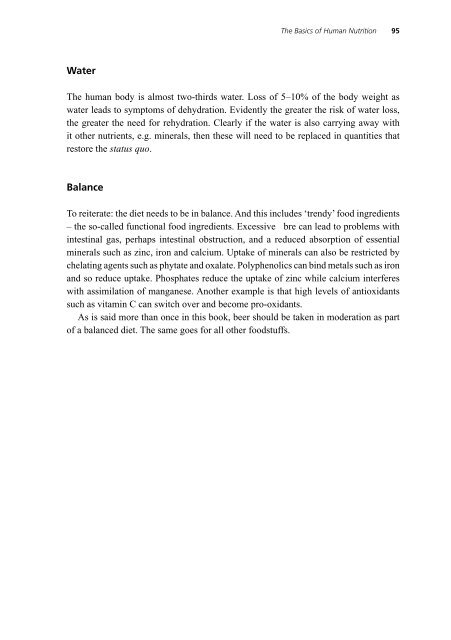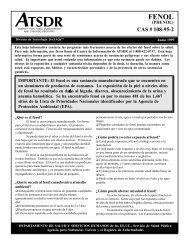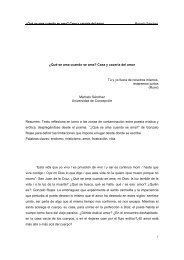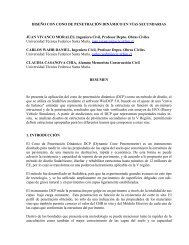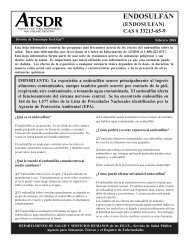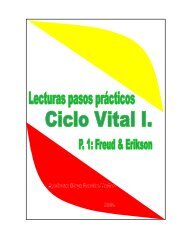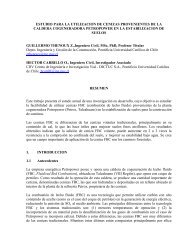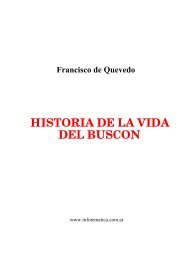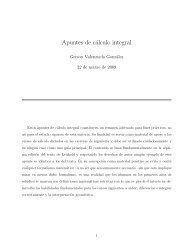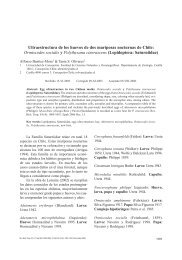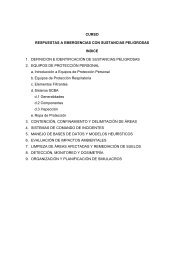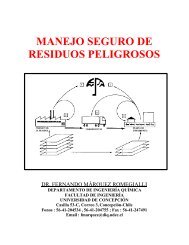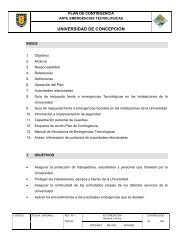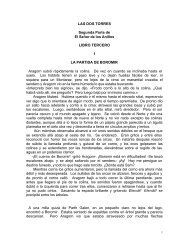Beer : Health and Nutrition
Beer : Health and Nutrition
Beer : Health and Nutrition
Create successful ePaper yourself
Turn your PDF publications into a flip-book with our unique Google optimized e-Paper software.
Water<br />
The Basics of Human <strong>Nutrition</strong> 95<br />
The human body is almost two-thirds water. Loss of 5–10% of the body weight as<br />
water leads to symptoms of dehydration. Evidently the greater the risk of water loss,<br />
the greater the need for rehydration. Clearly if the water is also carrying away with<br />
it other nutrients, e.g. minerals, then these will need to be replaced in quantities that<br />
restore the status quo.<br />
Balance<br />
To reiterate: the diet needs to be in balance. And this includes ‘trendy’ food ingredients<br />
– the so-called functional food ingredients. Excessive bre can lead to problems with<br />
intestinal gas, perhaps intestinal obstruction, <strong>and</strong> a reduced absorption of essential<br />
minerals such as zinc, iron <strong>and</strong> calcium. Uptake of minerals can also be restricted by<br />
chelating agents such as phytate <strong>and</strong> oxalate. Polyphenolics can bind metals such as iron<br />
<strong>and</strong> so reduce uptake. Phosphates reduce the uptake of zinc while calcium interferes<br />
with assimilation of manganese. Another example is that high levels of antioxidants<br />
such as vitamin C can switch over <strong>and</strong> become pro-oxidants.<br />
As is said more than once in this book, beer should be taken in moderation as part<br />
of a balanced diet. The same goes for all other foodstuffs.


